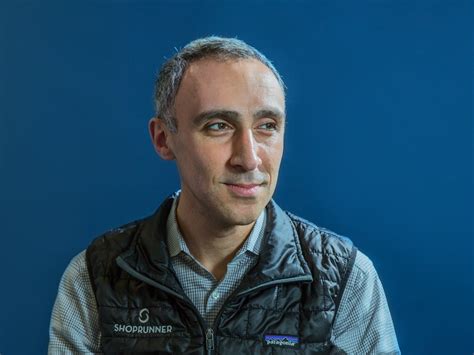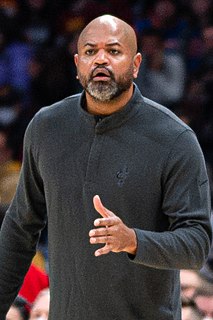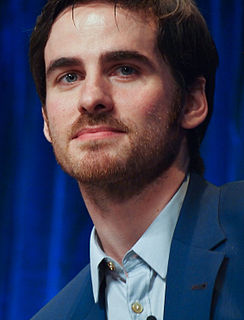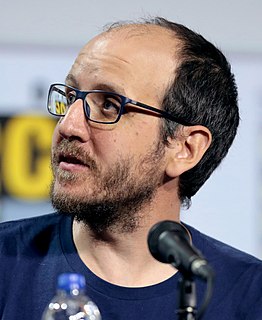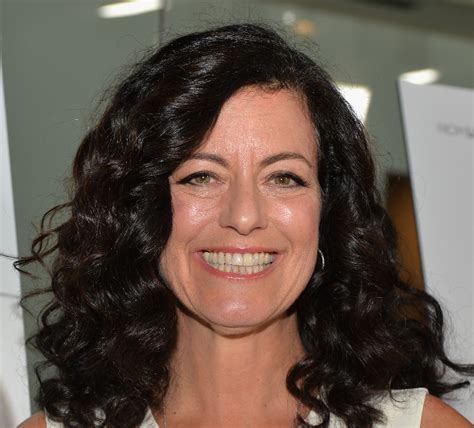A Quote by Barry Lopez
Eden is a conversation. It is the conversation of the human with the Divine. And it is the reverberations of that conversation that create a sense of place. It is not a thing, Eden, but a pattern of relationships, made visible in conversation. To live in Eden is to live in the midst of good relations, of just relations scrupulously attended to, imaginatively maintained through time. Altogether we call this beauty.
Related Quotes
This conversation with the audience has been going on since, what, '72, '73... Sometimes it's like a conversation after dinner with friends. You're in a restaurant, and you got there at 8 o'clock. Suddenly, you realize it's midnight. Where did the time go? You're enjoying the conversation. It's sort of a natural, organic conversation.
'The Conversation' is one that, if you watch 'The Conversation' for the opening sequence, where you hear a conversation taking place as the master - this zoom from way up is zooming in over a park. And I was just absolutely blown away by it because you can hear exactly what's happening, but you don't see. You've got no idea who's talking.
That is certainly the point: when the human species was born, on the African savanna, life was pretty good; we could live in harmony with the rest of nature, and that's what I've been calling Eden. The only technologies that humans devised for some 2 million years were fire and the hand ax. That's all. Eden didn't need anything more
We can either have a twenty-first-century conversation about morality and the human well-being - a conversation in which we avail ourselves of all scientific insights and philosophical arguments that have accumulated in the last two thousand years of human discourse - or we can confine ourselves to a first-century conversation as it is preserved in the Bible.
I happen to disagree with the well-entrenched theory that the art of conversation is merely the art of being a good listener. Such advice invites people to be cynical with one another and full of fake; when a conversation becomes a monologue, poked along with tiny cattle-prod questions, it isn't a conversation any more.




